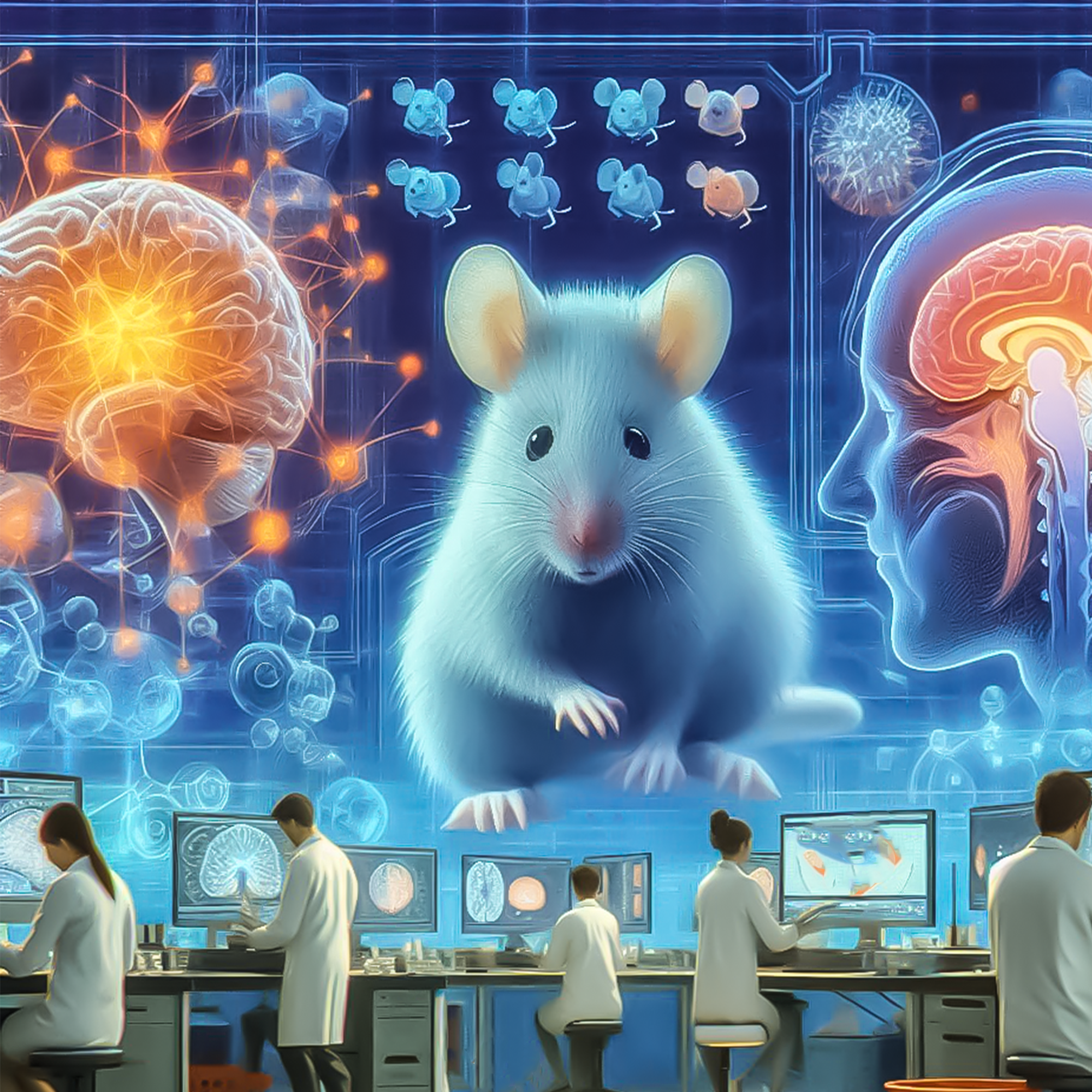Mouse Brain Research Illuminates Understanding of Human Minds
Research is underway in mouse brains searching for answers explaining memory, learning, and behaviour.
In the complex field of neuroscience, researchers turn to the mouse brain as holding the key to understanding complexities of the human mind. As much as the mouse and human brains look alike—strikingly similar—they lead pioneering research opening up new pathways of knowledge into the essentials of memory, learning, and behavior.
Bridging the Gap Between Species
Similarities and Insight
Similar in structure and function to the human brain, mouse brains offer invaluable models for neurological processes. Indeed, this homology avails the possibility of observing and manipulating neural circuits such that findings often yield key insights into how human brains function.
Studies on Memory and Learning
One important area of inquiry so far is the mechanisms of memory formation and learning. Research in mouse models will enable scientists to trace back which genes and neural pathways participate in these processes. This basic knowledge has to be acquired for the development of treatments against disorders in memory, such as Alzheimer’s disease.
Implications for Neurological Disorders
Advancing Treatment Options
The findings from the research on the mouse brain make a big difference in diagnosis and treatment in neurological disorders occurring in humans. Several studies are underway to find out how abnormalities evident at the level of neural circuits actually give rise to disorders like Parkinson’s, schizophrenia, autism spectrum disorders, and associated conditions. This new knowledge paves the way for targeted treatments to bring relief to patients.
New Mental Health Therapies
Beyond treatment, research in mouse models provides a means to pursue the study of potential cognitive therapies. Neural activity can be manipulated in mice to test interventions for enhancing cognitive functions or mitigating the cognitive decline associated with aging and different diseases.

Paving the Way to the Future of Discovery
Groundbreaking Discoveries
This is not only basic research about describing the present; it is about changing the future of neuroscience by discovering its basic principles governing brain function, which establishes the foundation for literally transformative breakthroughs. Such discoveries may involve new drugs, therapies, and technologies in a way that may revolutionize mental health care.
Challenges and Opportunities
While mouse models are very useful, the translation into human applications remains elusive. Researchers will have to wade through the intricacies of species differences and scale their discoveries up to human biology. But with each breakthrough, we come closer to more effective treatments and a deeper understanding of what it means to be human.
Conclusion:
Research in the mouse brain reaps the very best of neuroscience details about the functions of the human brain. No less than that, from memory formation to neurological disorders, each finding inches toward a greater understanding that could change everything for mental health and cognitive function.
Stay ahead with the latest updates in Neuroscience and Cognitive Research; Visit Our Website.
Be on the lookout for how, very soon, drone technology is going to keep changing the world of high-altitude deliveries and beyond!
Mouse brain research provides critical
clues understanding human cognition
and brain disorders.
— Dr. Emily Chen, Neuroscientist

If mice unlocking the secrets of memory in their tiny brains, what superpowers do you think they’ll develop next?
Share your thoughts in the comments below!





